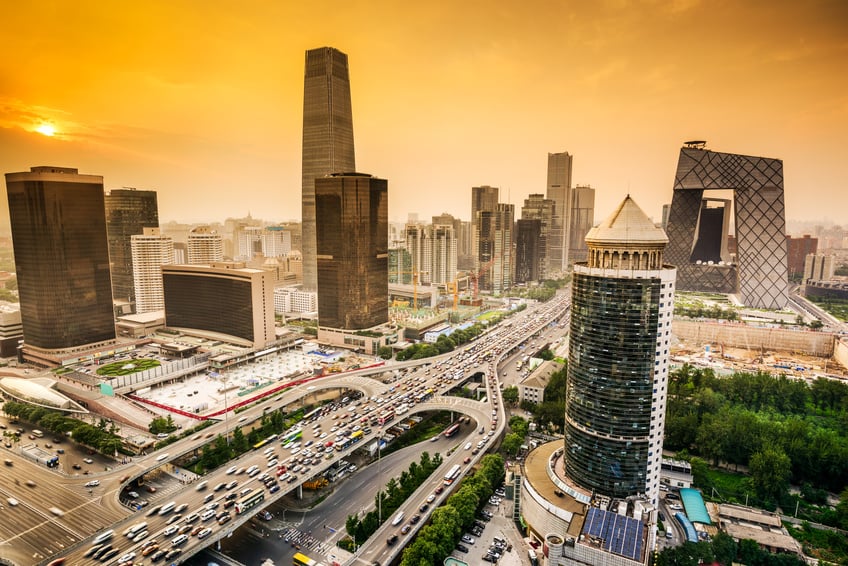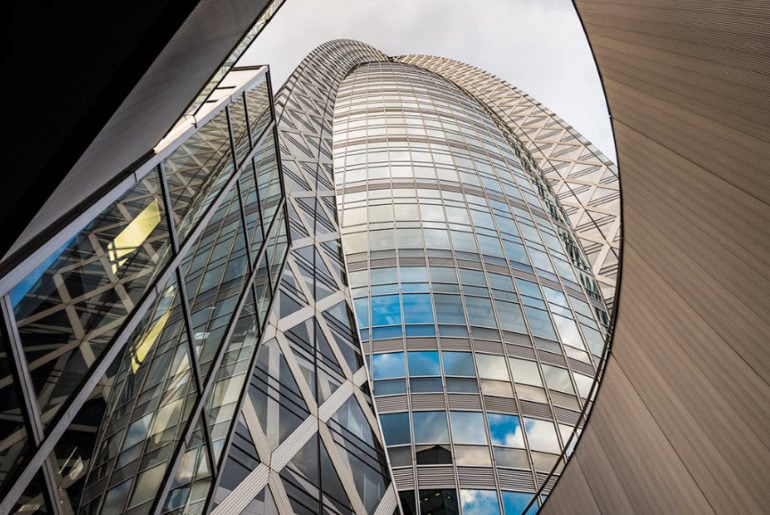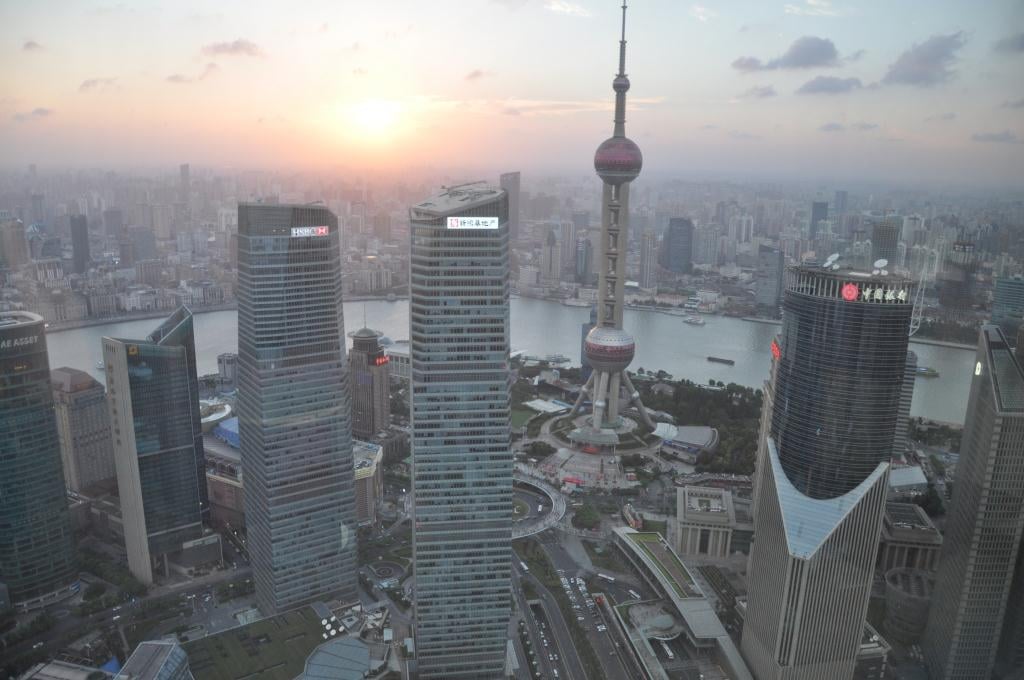On 24 June 2022, China’s National People’s Congress approved far reaching amendments to China’s Anti-Monopoly Law which will become effective from 1 August 2022 (“AML Amendments”).
Alongside the AML Amendments, China’s competition regulator has published revised draft guidelines on a wide range of topics for public consultation. This reform package will have significant consequences for the future of merger control and antitrust enforcement in China.
Baker McKenzie is delighted to invite you to join us on 21 July 2022 for a webinar via Zoom, where our Baker McKenzie antitrust and competition specialists in Beijing and Hong Kong will provide you with a concise briefing on key considerations with respect to these reforms and practical implications for your business.
On 23 March 2022, China’s National Development and Reform Committee and National Energy Administration released a plan on the development of hydrogen energy for 2021-20351 (“Plan”). As the first national-level industry plan for hydrogen development, the Plan recognizes hydrogen as a major component of China’s future national energy system, an important carrier for realizing green- and low-carbon transition to the net-zero economy, and a key direction of China’s strategic emerging industries.
In 2008, Hong Kong’s Court of Final Appeal issued a landmark judgment in Koon Wing Yee v Insider Dealing Tribunal deciding that if a regulator is seeking a financial penalty, the individual or company being investigated is, for human rights purposes, facing a criminal charge and entitled to fundamental Bill of Rights protections.
Hong Kong’s competition law was being drafted at the time. The enforcement framework and law were fundamentally rewritten because of Koon. The Administration said that appropriate criminal safeguards, including fair trial, protection against self-incrimination and standard of proof beyond reasonable doubt, must be in place both during investigation and trial to meet the requirements of the Hong Kong Bill of Rights. In 2019, in the first case to come to trial, Hong Kong’s Competition Tribunal agreed.
As global and regional integration increases, multinational companies ought to navigate numerous custom-related complexities and challenges imposed by relevant authorities in any jurisdiction. This webinar series provide an in-depth coverage of legal frameworks, practical issues and key trends and developments surrounding customs audits in select Asia Pacific jurisdictions.
Bilateral trade between China and Africa is increasing year on year. While COVID lockdowns have resulted in logistics bottlenecks, trade between the two regions has not been severely impacted, especially in terms of exports from Africa into China. China has continued to import African agricultural goods and raw materials, with food security and materials needed for the energy transition considered to be a priority. The ties between these two regions continue to strengthen, and are expected to be further bolstered as free trade under the African Continental Free Trade Area takes hold.
More than one year since China’s new Export Control Law became effective, the Ministry of Commerce has finally released the long-awaited Regulations on Dual-use Item Export Control draft, for public comments on 22 April 2022.
More than one year since China’s new Export Control Law became effective, the Ministry of Commerce has finally released the long-awaited Regulations on Dual-use Item Export Control draft, for public comments on 22 April 2022.
In an interview with IFLR, Zhang Hong (Head of Private Equity at Baker McKenzie FenXun) talks about what’s driving China’s outbound M&A in 2022 and where the hotspots for M&A activities are.
The Supreme People’s Court has identified certain relevant factors when assessing such agreements from an antitrust perspective. The Chinese entity of a multinational medical device manufacturer was fined RMB 9.12 million for RPM, representing 3% of its 2020 total China-wide revenue. The antitrust authority will be stepping up oversight over the platform economy, technology development, data security and livelihood sectors such as utilities, healthcare and medicine.
On 22 March 2022, the Ministry of Science and Technology of the People’s Republic of China issued Draft Implementation Rules of the Administrative Regulations on Human Genetic Resources for public comments until 21 April 2022. The Draft Rules provide clarifications and operational details on the Administrative Regulations on Human Genetic Resources promulgated in 2019.



